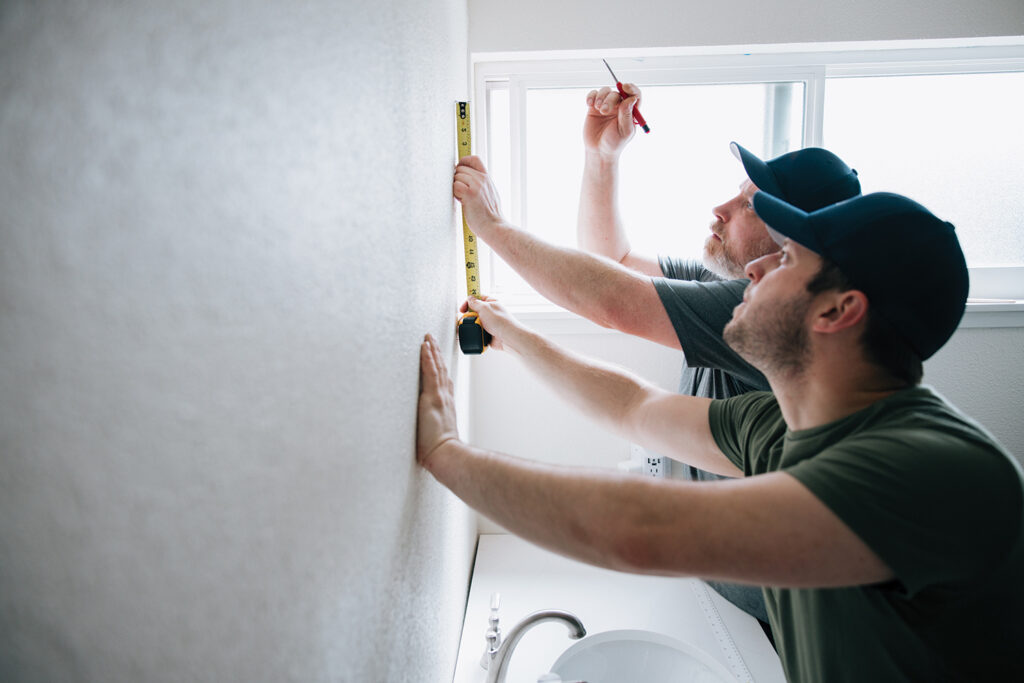
You probably have a good reason why you want to take on a do-it-yourself home project. Maybe you have acquired the skills to do the work on your own, or perhaps you want to save money, or you enjoy the challenge.
When working on these projects, it’s important to keep safety in mind. You can easily put yourself in a dangerous situation if you don’t take proper safety precautions and understand what you’re doing before you start.
“Many homeowners lack the real knowledge or experience to safely take on some projects around the house,” said Jon Elkins, vice president of safety, training, and compliance of Indiana Electric Cooperatives. “They should use extreme caution and thorough planning. If it feels like a project is beyond your skill or comfort level, leave it to a professional.”
When it comes to tackling any electrical project at home, here are some safety reminders to keep in mind:
- Learn about your home electrical system so it’s easier to navigate and maintain it safely.
- Stay away from a project that is beyond your level of skill. You can help prevent tragedies by calling a professional.
- Be sure to turn off the power to the circuit you plan to work on by turning off the circuit breaker in your main service panel.
- Unplug any lamp or appliance before you start working on it.
- Test the wires before you touch them to ensure the power is turned off.
- Avoid touching plumbing or gas pipes when doing your electrical project.
You also want to be careful when using power tools for home projects. You should keep these things in mind when using power tools:
- Protect against electrical shocks by using ground fault circuit interrupters with power tools.
- Don’t use power tools with extension cords longer than 100 feet.
- Skip using power tools near live electrical wires or water pipes.
- Be extremely cautious when cutting or drilling into walls where electrical wires or water pipes could be accidentally touched or penetrated.
- If a power tool trips a safety device while in use, take that tool to a repair center authorized by the manufacturer.
Chris Adam is a freelance writer from Lafayette. Source: ESFI



